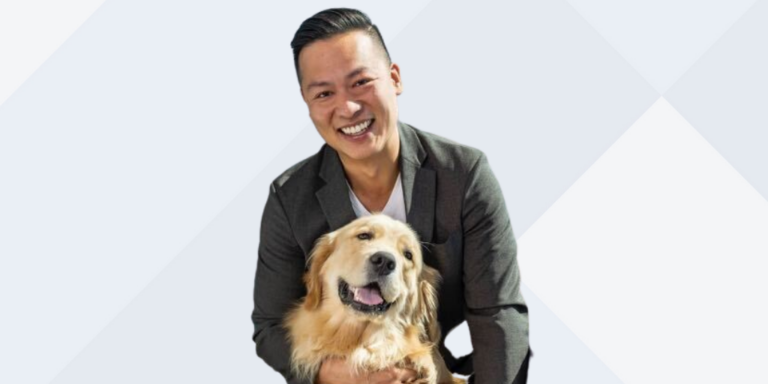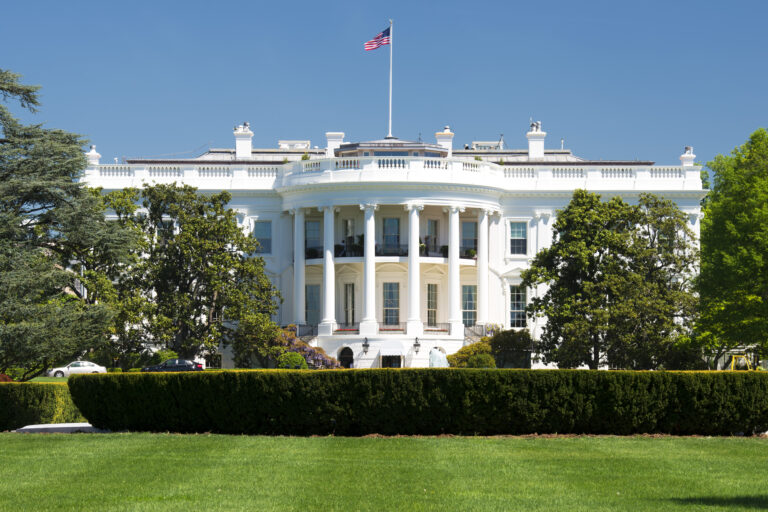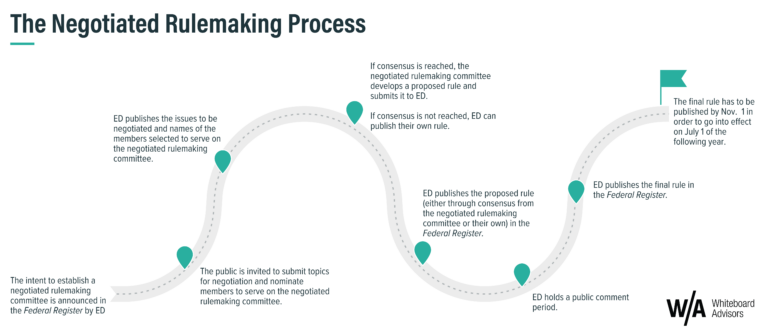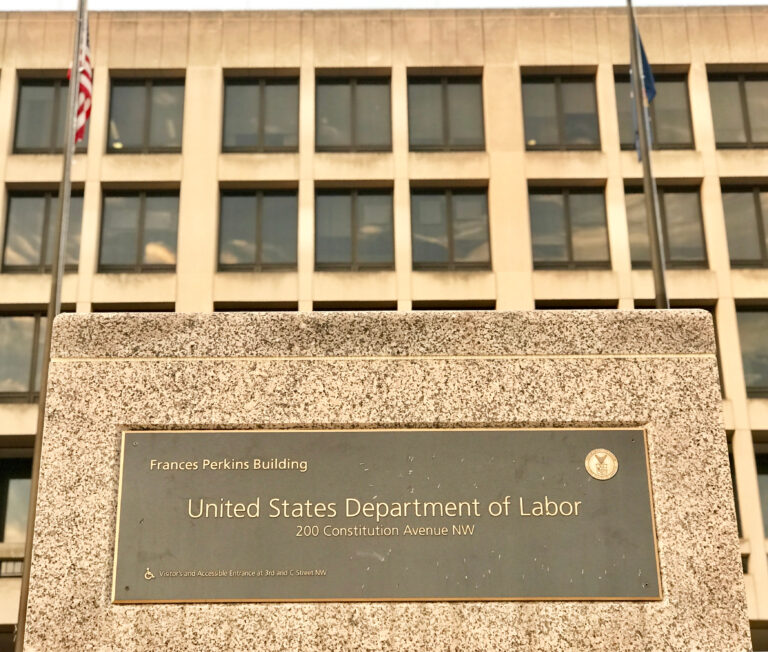What motivated you to start FreeWorld?
It started as a teenager. I was incarcerated in a maximum-security juvenile prison on a 12-year sentence. During that time, I had the opportunity to meet thousands of other kids with similar backgrounds as myself and it became clear that we were all stuck on a one-way road to failure. Almost every kid who was released ended up back in prison, or we would hear that they had been killed in some street altercation.
Luckily, I had a phenomenal mom that never gave up on me. She knew there was nothing she could do to protect me physically, so she sent the books in the hopes that would spend my time reading rather than getting into trouble.
It worked! Because of my mom, I started to value the power of a good education and saw it as a possible pathway toward building a life for myself.
I decided to leverage what I had learned to teach others. I started a GED and bible study class to help other inmates make the most of their time. What struck me was the look on their faces once they started to master the material. They were so hungry to learn more! I then realized that most of us had failed our entire lives, and we didn’t want that for our future anymore. If there were opportunities to learn and someone who cared and understood their pain on their side, most threw themselves into programming. For the first time, many felt like they could succeed in life.
The turning moment happened a year into my sentence. The prison agency that I was housed in was under enormous pressure. The media found evidence that correctional officers were sexually assaulting boys and girls under their care. To show Senators and State Legislators that not ALL was terrible in their facilities, they allowed me and 4 other youths to go to a Senate hearing to showcase us. This hearing was a turning point in my life. I was suddenly the “poster boy” for juvenile criminal justice reform. They moved me to Giddings State School, which was significantly closer to my mom and I had the opportunity to work with Will Harrell to help enact sweeping policy changes across the entire agency.
I was finally released on 6/2/2008. Reentry was incredibly tough, and parole did me no favors. I continued advocating for criminal justice reform in my spare time, visiting prisons where I was previously incarcerated to share my story. Ten years later, I met Matt Mochary, Jason Green, and Andy Bromberg, who funded a new project which we named FreeWorld, which is prison slang for life outside of prison. The rest is history!
How would you describe the challenges that formerly incarcerated people face when they’re released from prison? What are the types of support they need most?
A poem I love called “Those In Prison” perfectly covers what the prison experience is like and how it impacts reentry. It reads:
We want them to be responsible
So we take away all responsibility
We want them to be positive and constructive
So we degrade them and make them useless
We want them to be trustworthy
So we put them where there is no trust
We want them to be nonviolent
So we surround them with violence
We want them to be kind and loving
So we subject them to hatred and cruelty
We want them to quit being the “tough guy”
So we put them where only the “tough guy” survives
We want them to quit exploiting us
So we cage them where they exploit each other
We want them to take control of their lives
So we make them dependent on us
We want them to be a part of our community
So we separate them from our community
You want us to have self-worth
So you destroy our self-worth
And you call it “corrections”
The types of support that returning citizens need is a long list ranging from housing to community support. What we’ve found is that prioritizing access to living wage careers is the most critical and sustainable way to help returning citizens stay out of prison and lead fulfilling, positive lives.
Tell us more about FreeWorld’s students. How has the program impacted their lives?
Students typically hear about us from parole/probation, nonprofits, and word of mouth from other graduates. 83% of our students are minorities and nearly all are living in poverty. Most importantly, 71% are parents with 3 kids on average. This is important because, the work we do today, impacts the future their kids will have.
One example of this is Monique (name changed to protect privacy). Monique grew up in a poor Dallas neighborhood, filled with drugs, violence, and gangs. She had only met her father a few times in prison growing up. Her mother struggled to make ends meet, working two jobs while taking care of two kids. As a 12 year old, she was repeatedly molested by a family member, which left her angry and afraid. She dropped out of school, ran away from home, and was in trouble often with the law.
When she was 19, she found work as a stripper. She eventually met someone and had a daughter. Her baby daddy was a drug dealer and gang member. Eventually he was caught and as his ride-or-die, she went down with him. This led to an 18-year sentence in prison.
While incarcerated, she hated the fact that she had followed the steps of her father. Now SHE was the one seeing her child in prison visitation. As her daughter grew up, she started to get in trouble, just like she did. She vowed to be a better mother and role model when she came home.
Her dreams came to a crushing reality when she finally came home. Not much had changed with her home environment and with a criminal record, there were no legal opportunities to earn a living wage to get herself back on her feet. She refused to go back into a life of crime, but what else could she do?
One day, she happened to see FreeWorld on a local news station. With nothing to lose, she decided to apply for our program. Several months later, she graduated with her CDL A license. Today, she’s driving around the nation, earning a great living, and has rebuilt her relationship with her daughter.
This is just one story of many. We’re humbled to have had the opportunity to play a small role in her life and we’re so excited to see her succeed!
What lessons from your own reentry journey do you share with FreeWorld’s students?
I’m an open book! When I do get the chance to chat with our students 1:1 or in group settings, we talk about anything and everything.
When we started FreeWorld, we didn’t want our program to be about any particular individual’s lessons but rather a reflection and an open conversation with the communities we serve. The majority of team members at FreeWorld have been impacted by incarceration, which means that we are able to build trust quickly with the people that we serve.
Our vision is to be a platform where impacted communities have the space and resources to build solutions that specifically address the challenges that they’re facing. The people closest to the problem are often the closest to the solution but the farthest from the resources. We want to change that paradigm.
As a founder, what have been most gratifying moments you’ve experienced while building FreeWorld?
There have been many moments that have made this journey joyful and fulfilling. In the beginning, it was the support of our Board and the aligned vision to end generational poverty and recidivism. For the first time in my life, I was surrounded by resources and incredible people who were invested in our success in creating systemic change at the population level.
Since then, we’ve graduated cohorts and expanded our team, amidst the challenges of the pandemic. O’Neal—our first hire— and I went on unemployment just so that we would have enough money to pay for trucking school tuition. It paid off! Truck drivers were considered essential personnel, risking their lives transporting vaccines and groceries to empty store shelves. With the world still reeling from COVID, trucking provided a lifeline to a section of the population that suddenly had few avenues to take care of their families.
Having made it to the other side, each day now feels like its own achievement. To see so many brilliant and passionate people driving impact for the people we serve is something I could never have imagined. They’ve taken an initial concept, held together by hopes and prayers, and turned us into a real organization serving thousands of people nationally. It’s truly incredible and awe-inspiring.
What are your hopes for FreeWorld’s future? What kind of impact are you hoping for the organization to have?
We hope that the collective efforts of FreeWorld, our supporters, and our partners will accelerate the US toward a more just justice system. For us, that has meant pursuing three phases of growth and development, starting with building the infrastructure and technology to support our mission. Currently, we have an in-house education team and 160 trucking school partners across the nation to conduct behind-the-wheel training. Simultaneously, we’re working to build a data infrastructure to track student outcomes which will be essential for helping others to understand the efficacy of our approach and the transformational impact it has on justice-involved populations.
With this foundation in place, our focus will expand into narrative change to change negative perceptions of returning citizens at scale and promote civic engagement. Ultimately, we’d like to see our organization fuel policy reform to ensure that those returning to their communities can access the education, training, and services they need to jumpstart prosperous futures.




